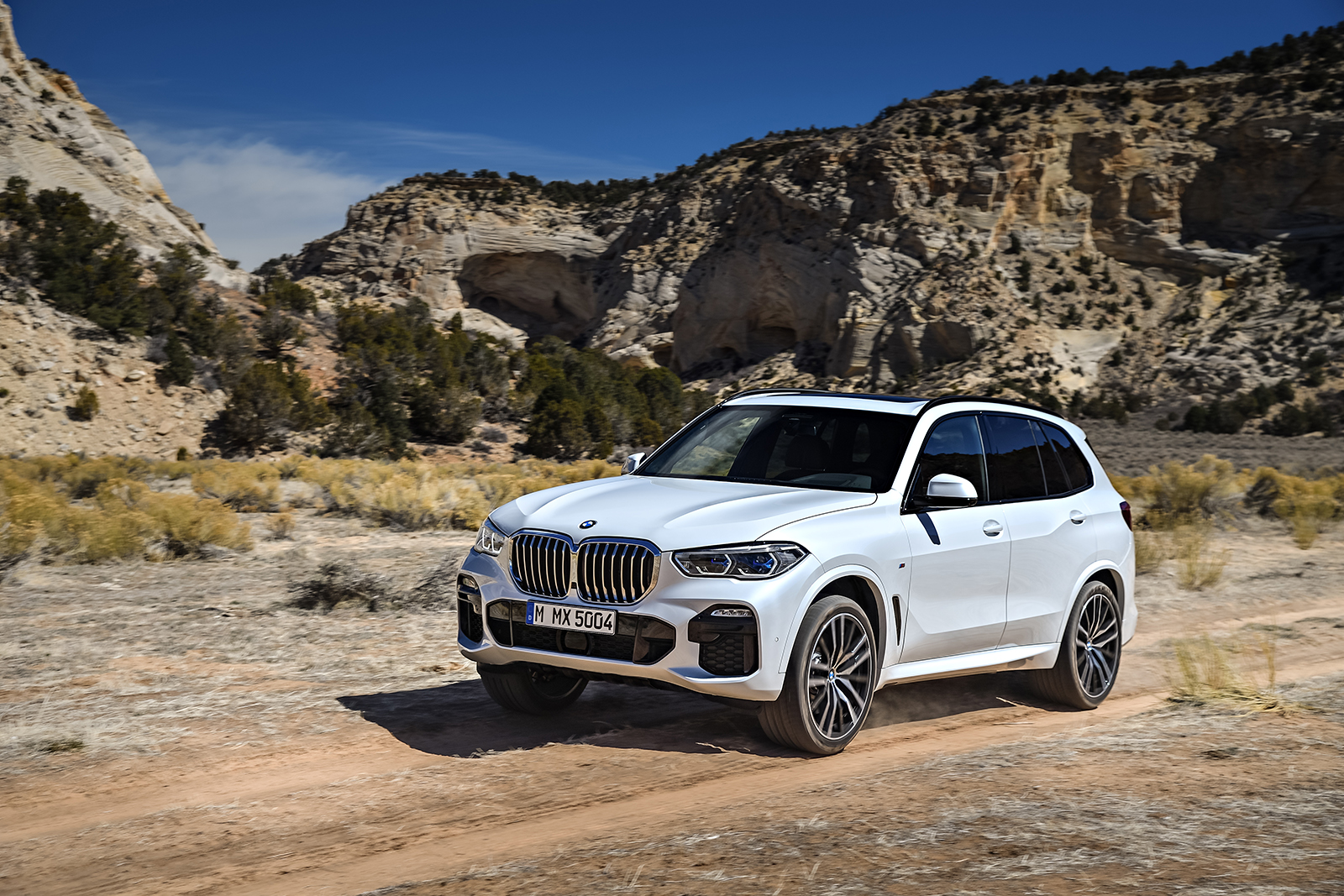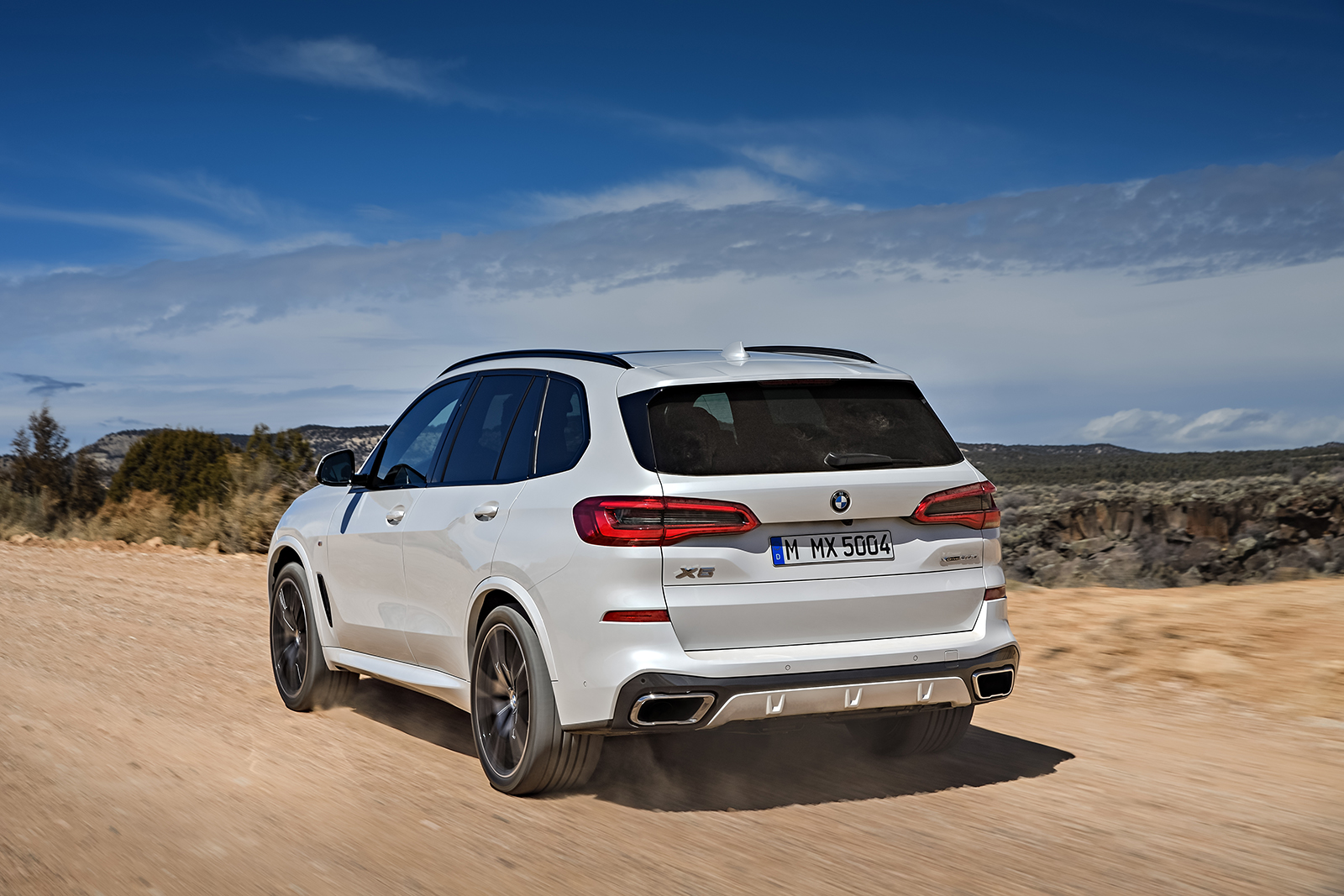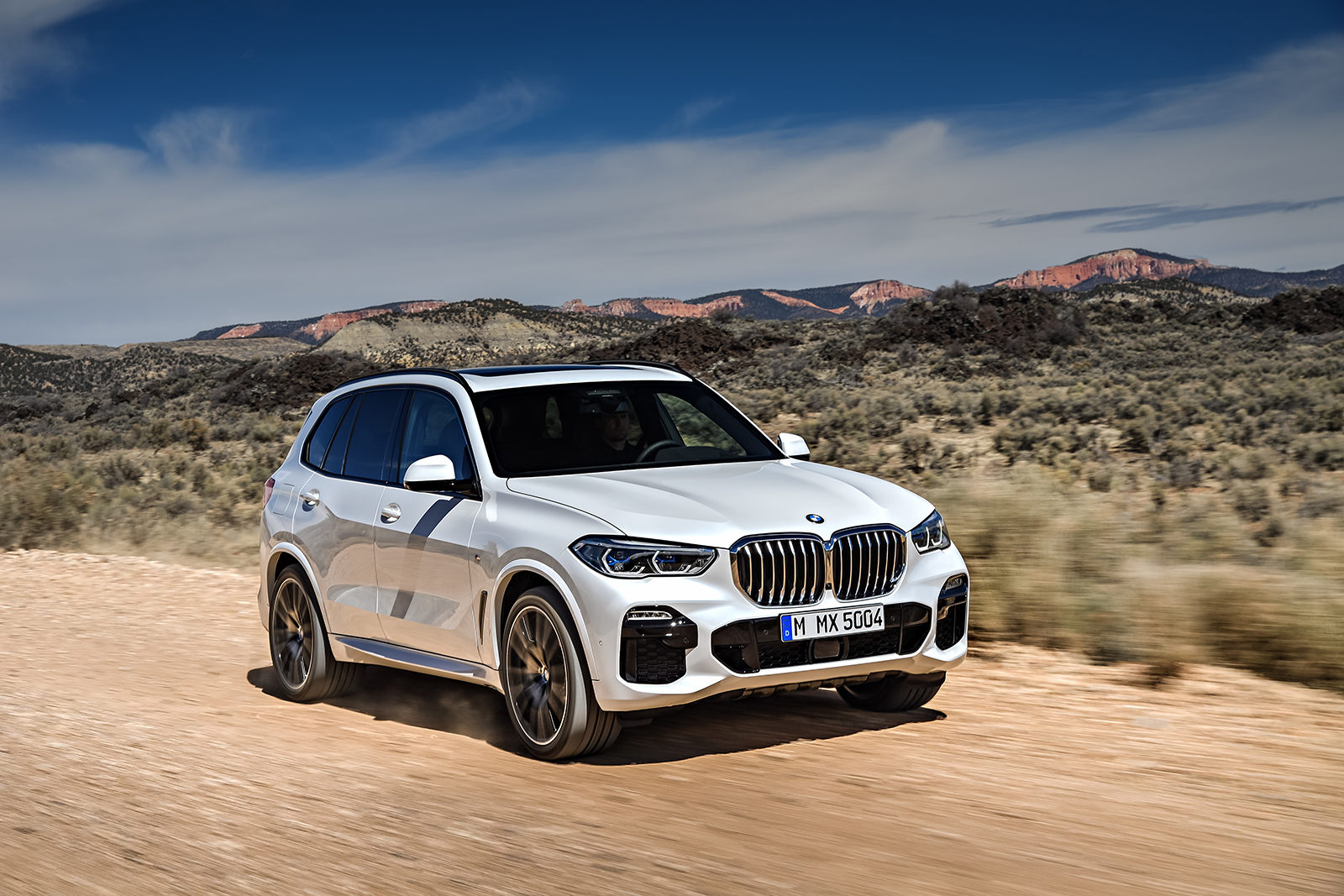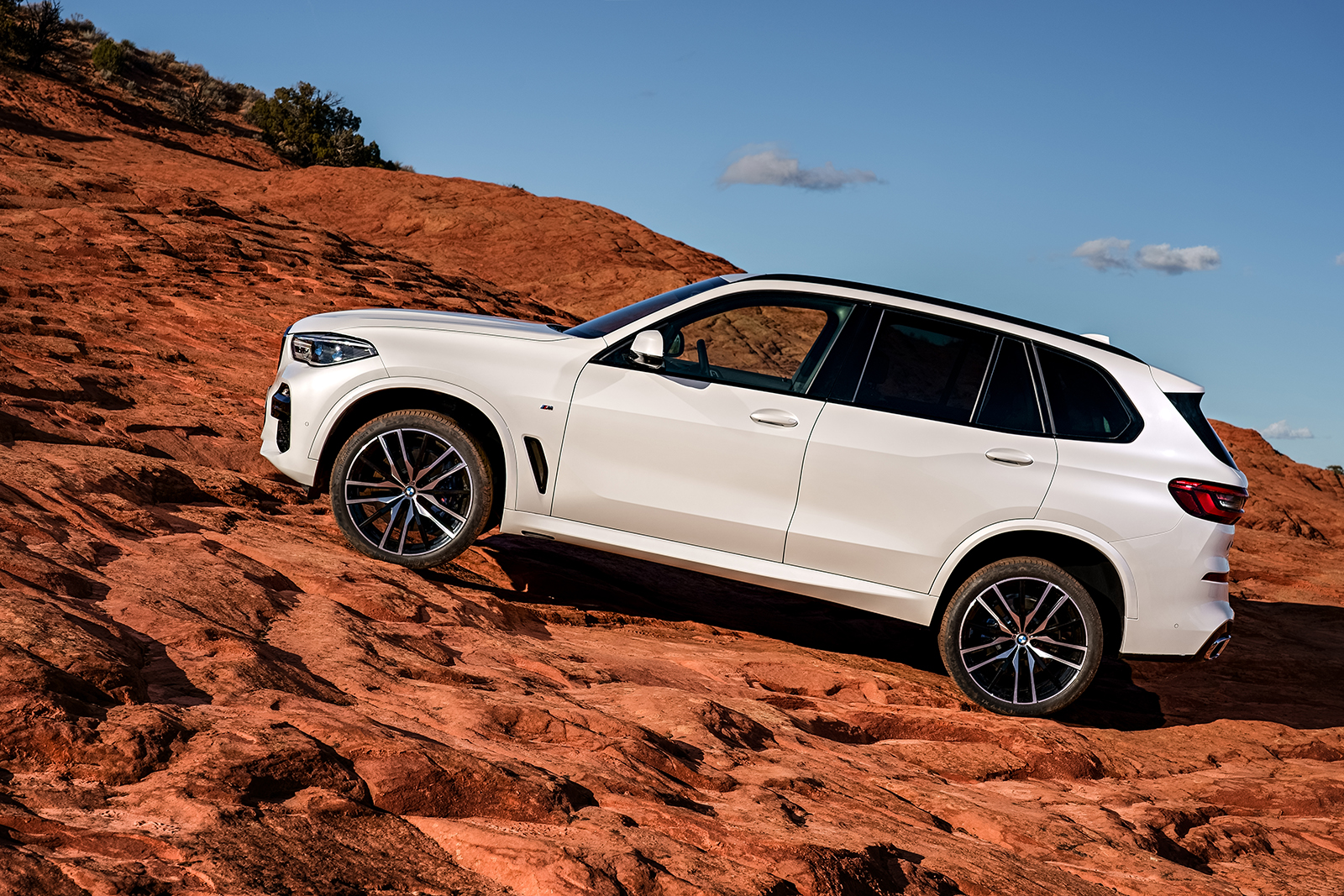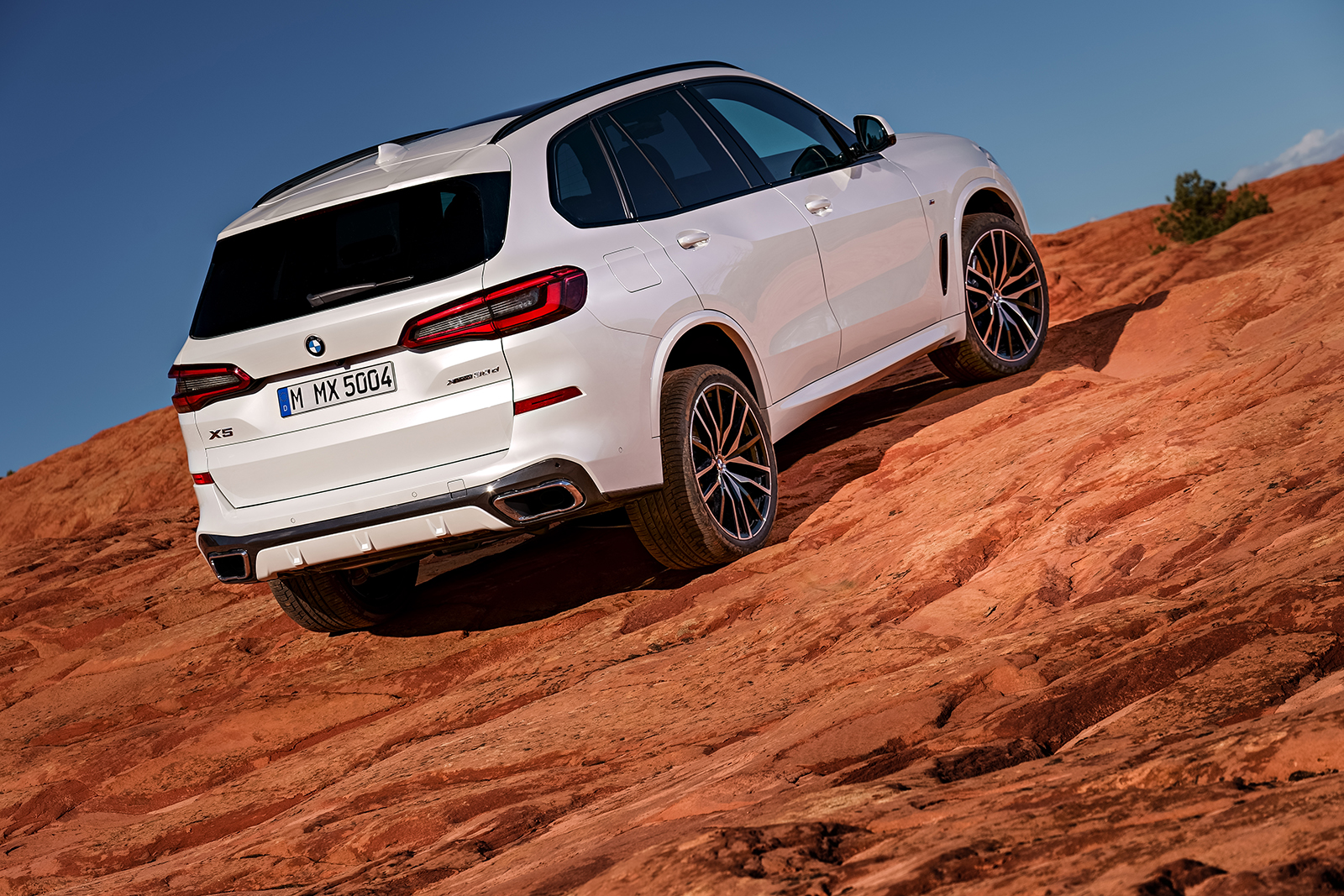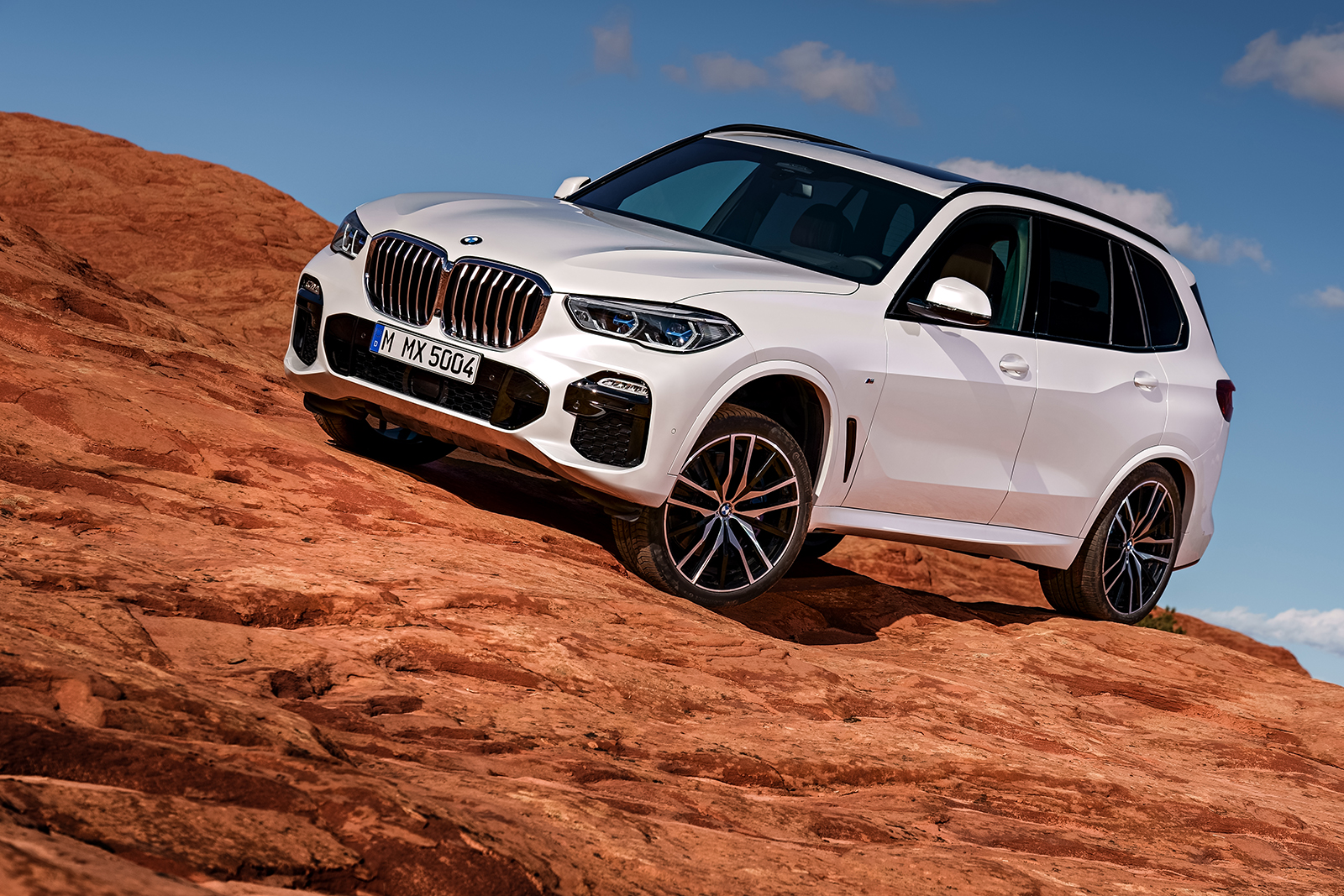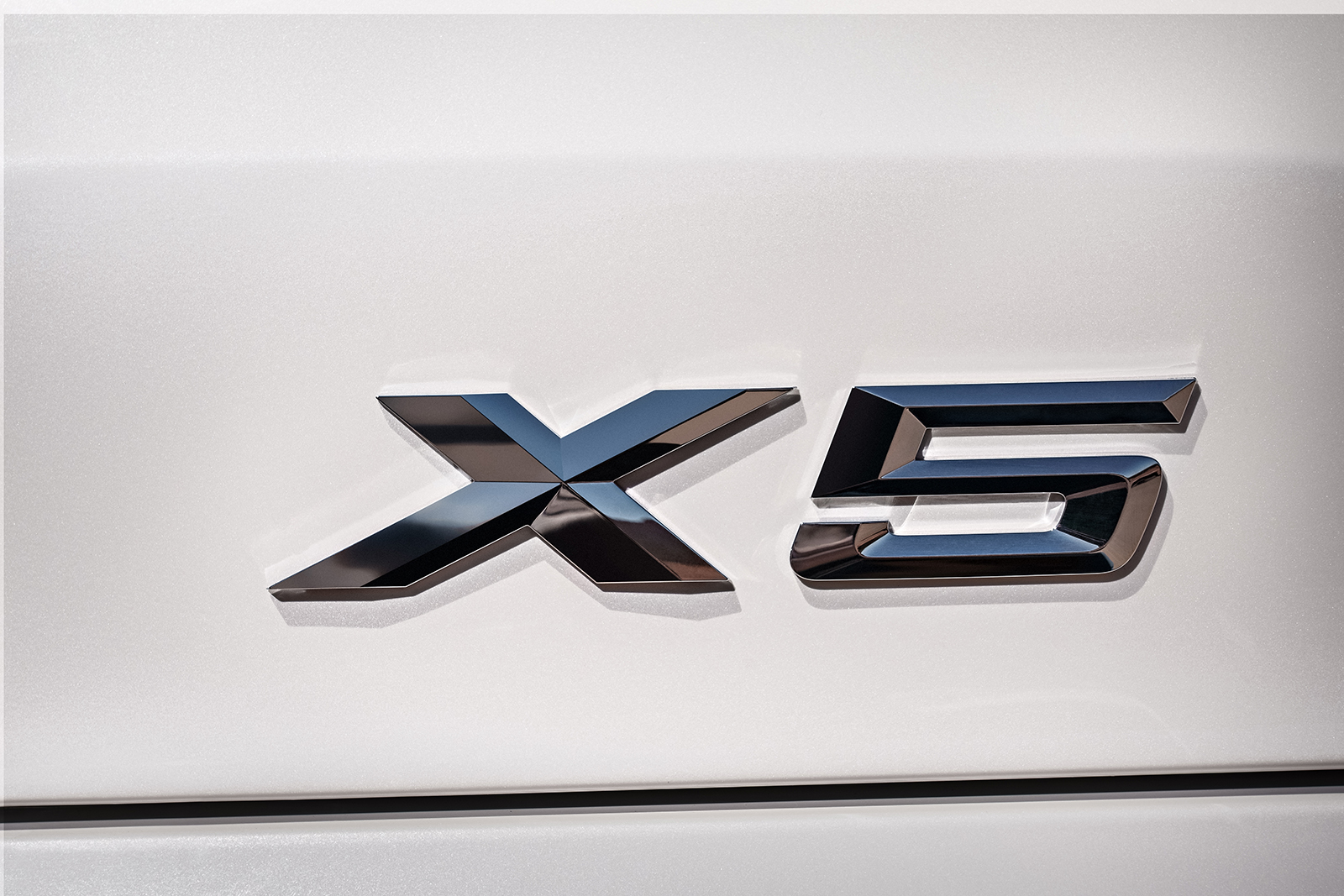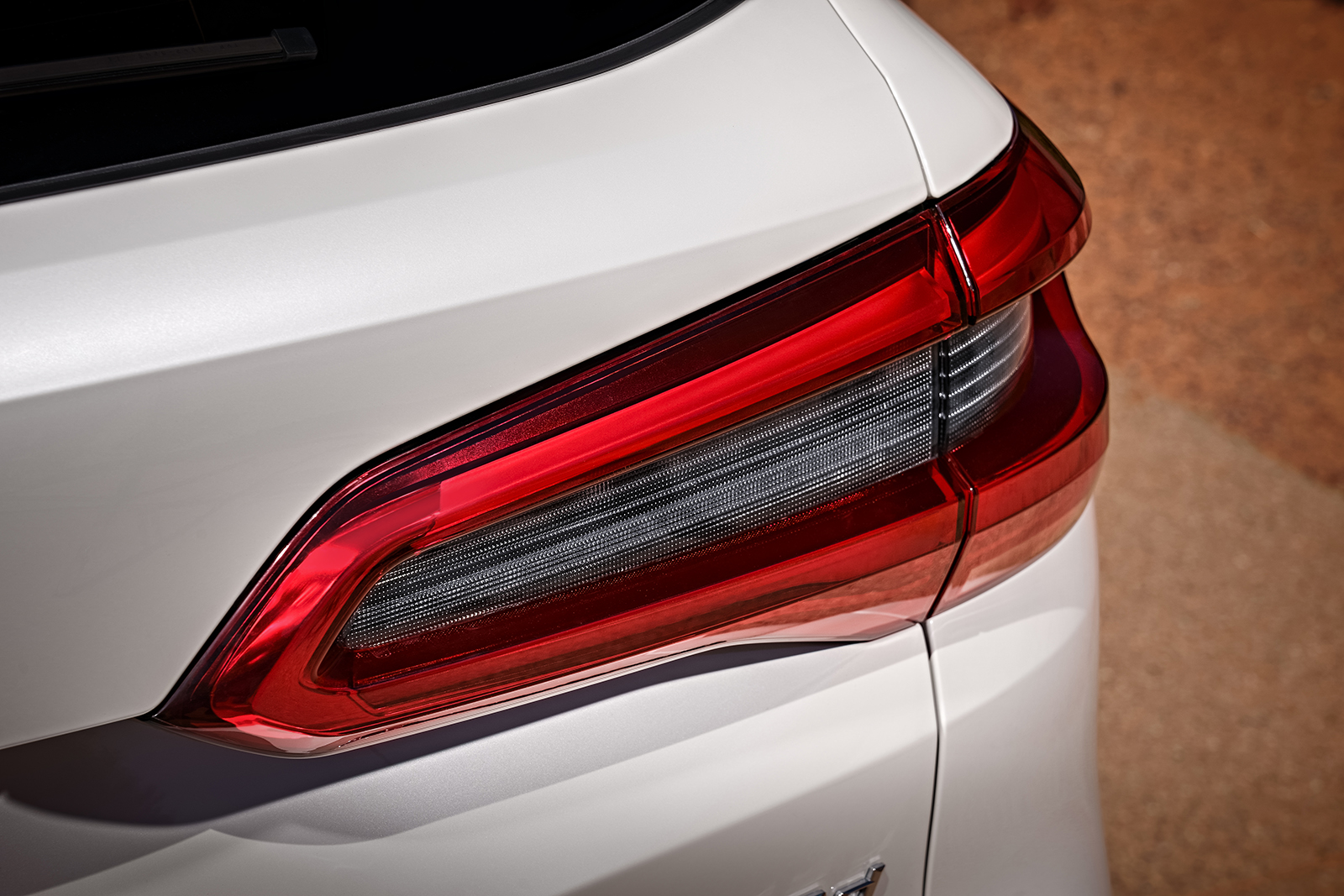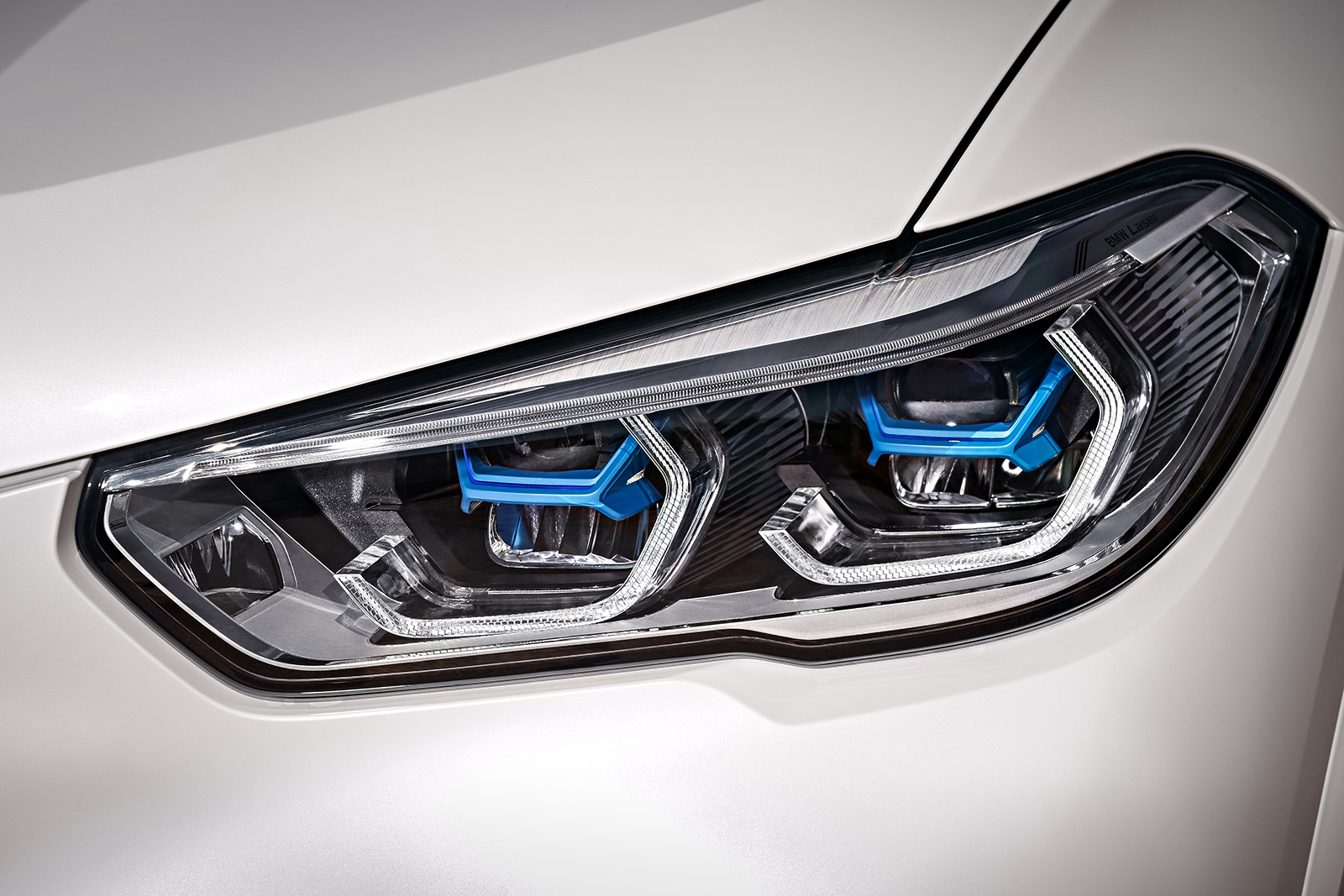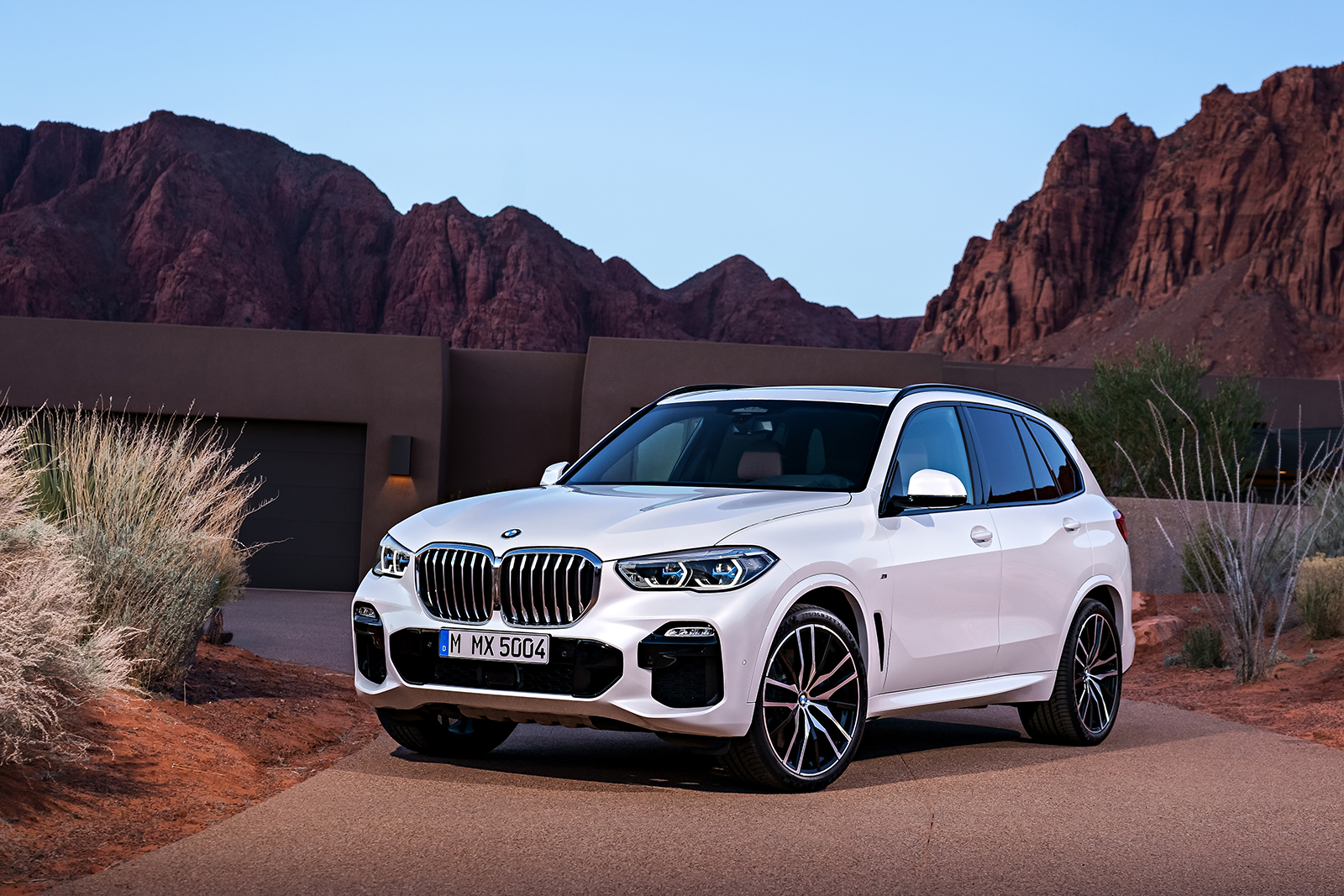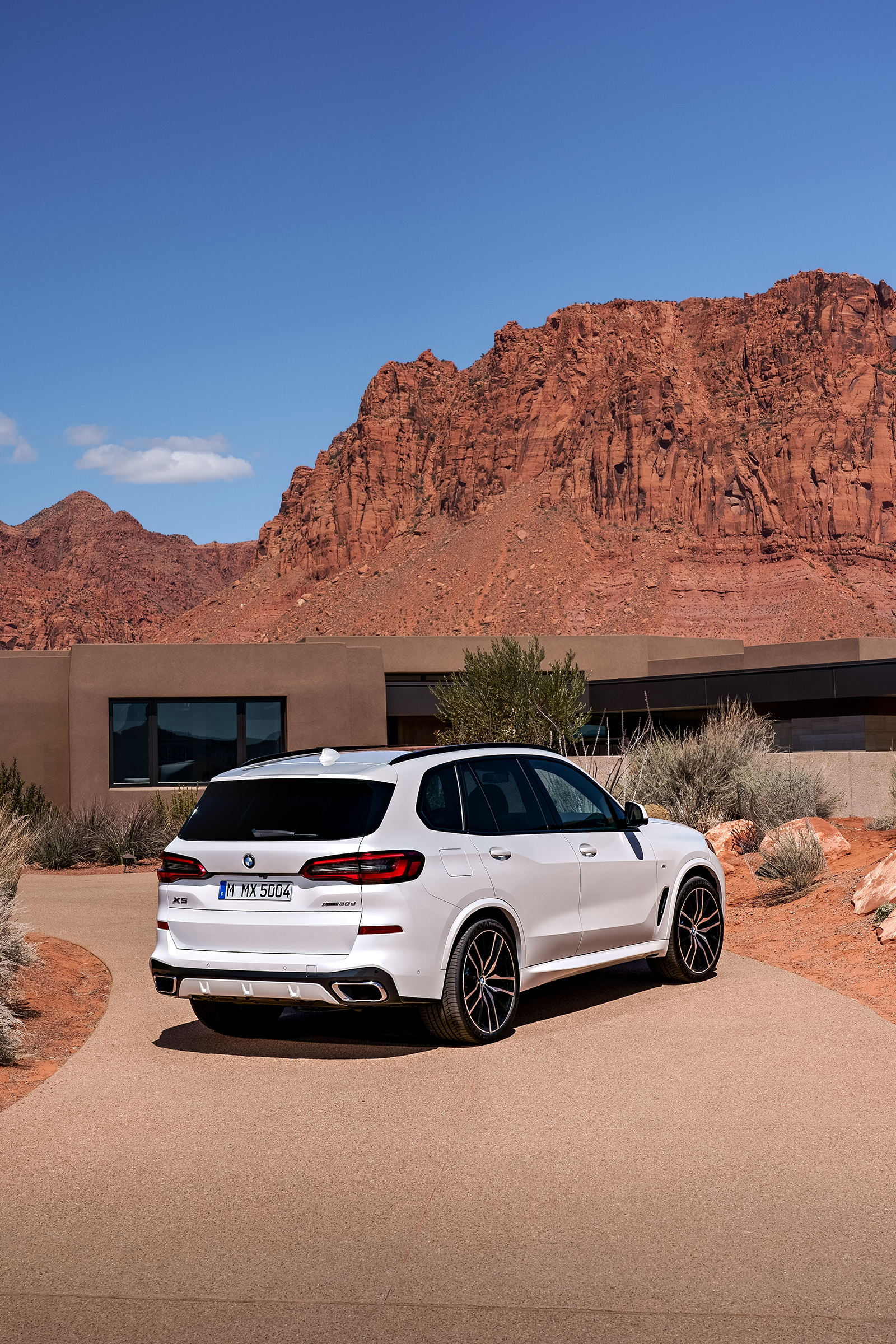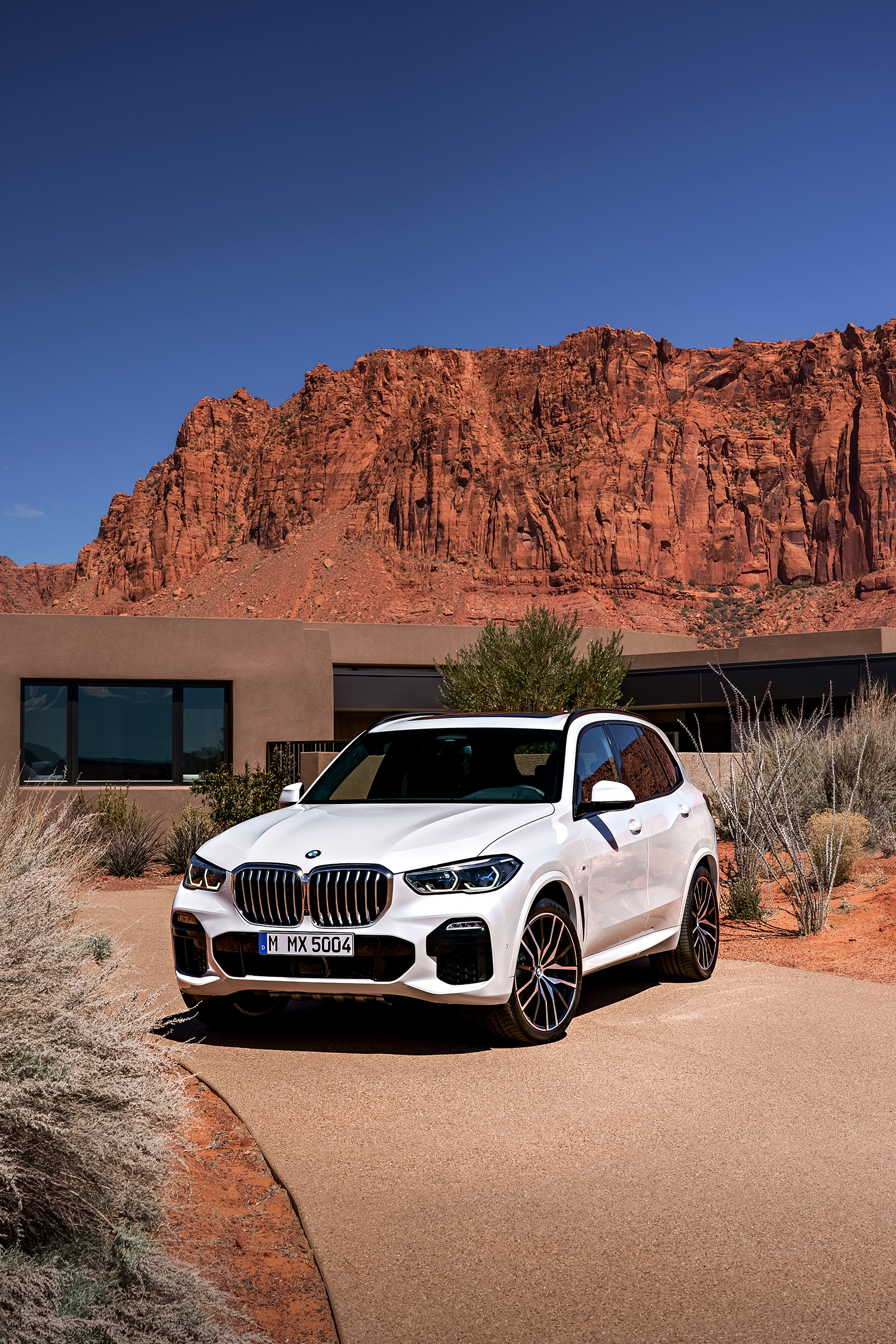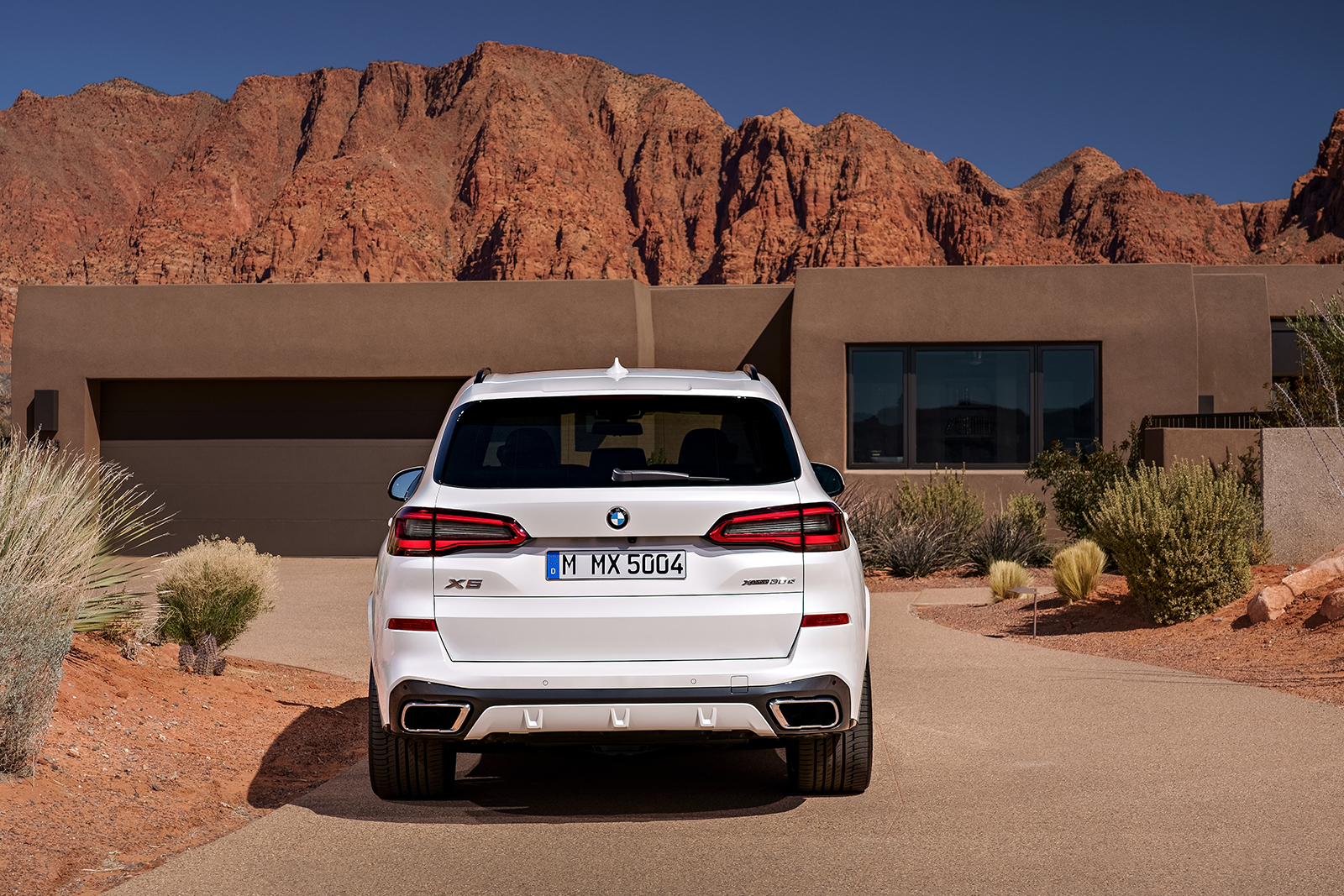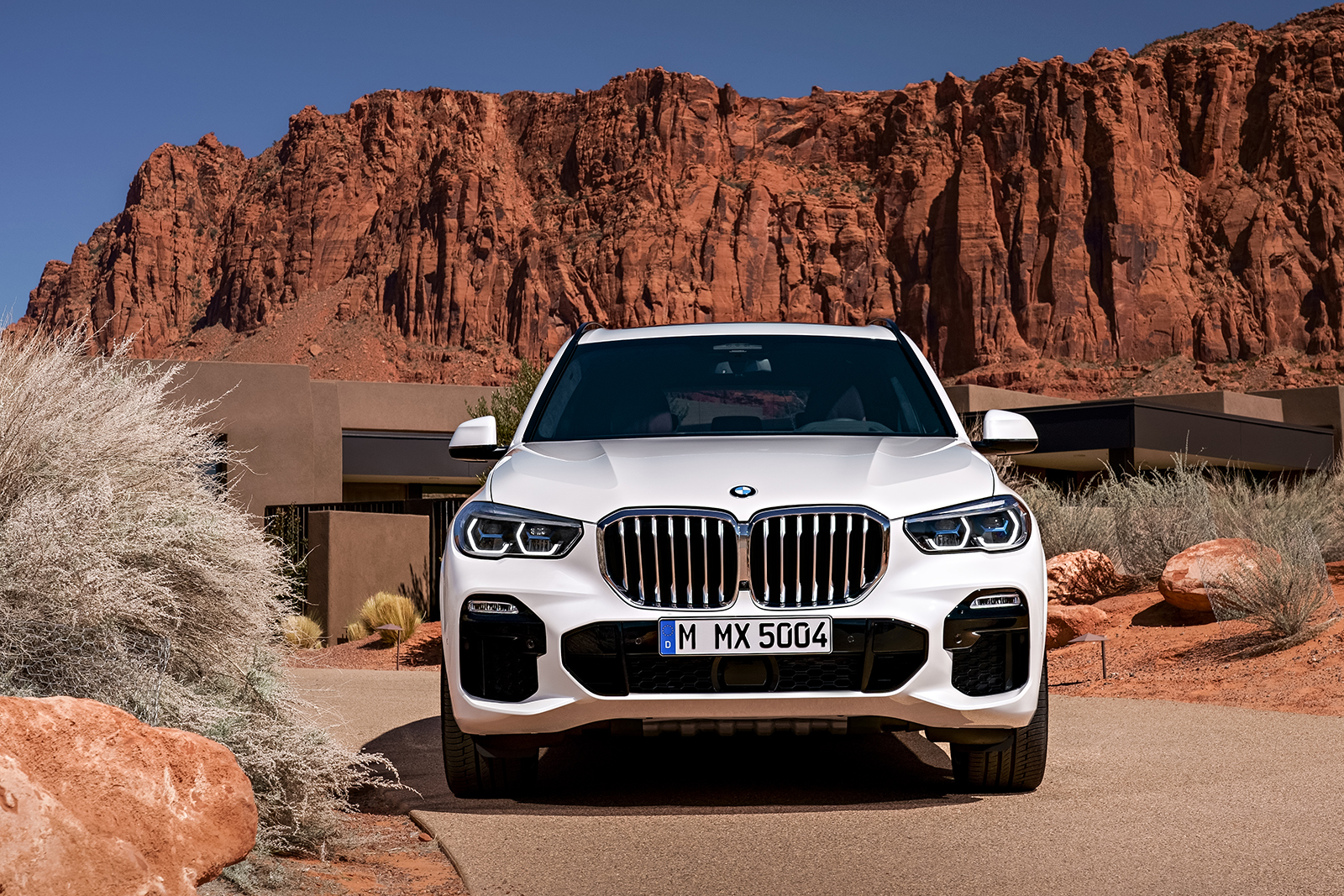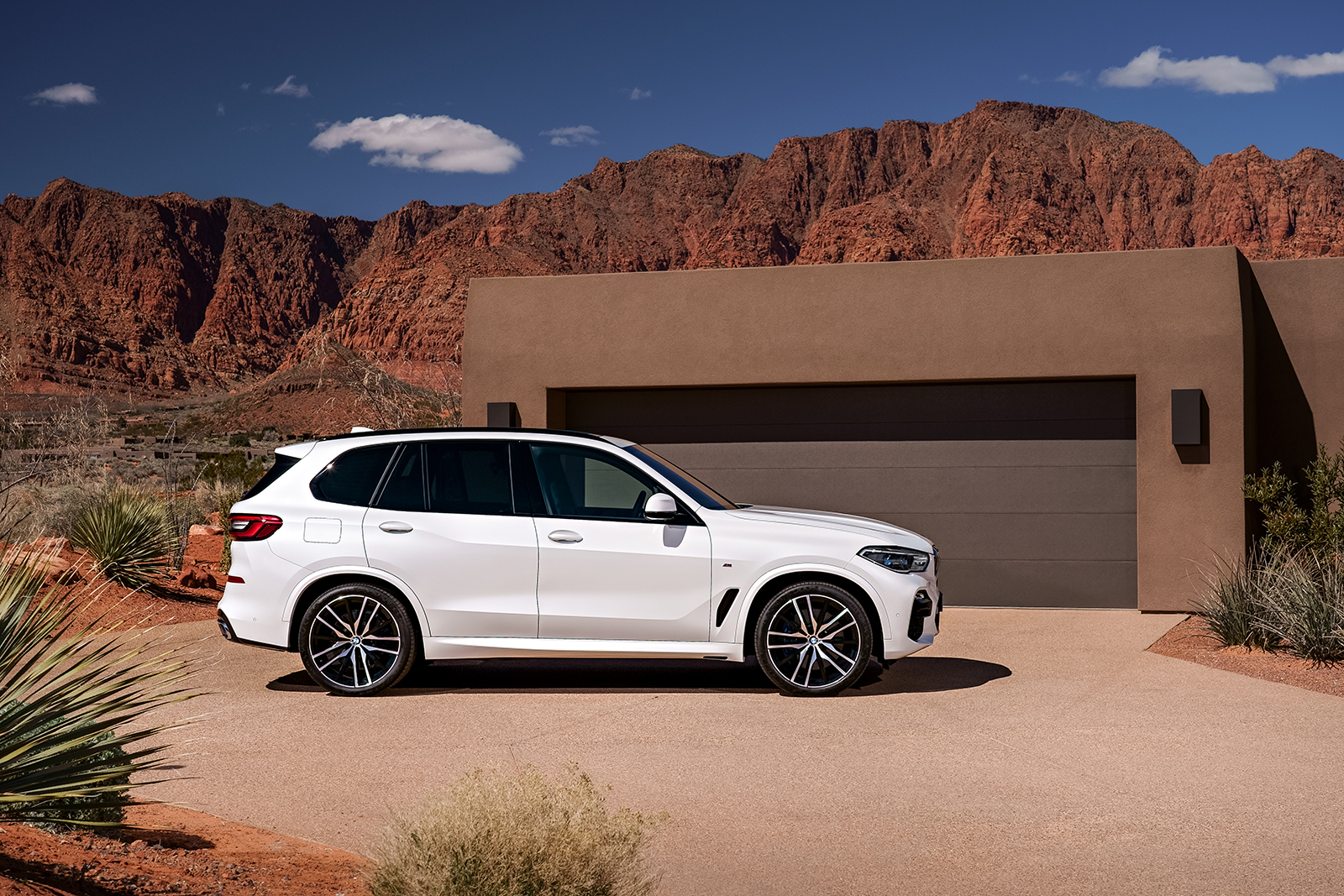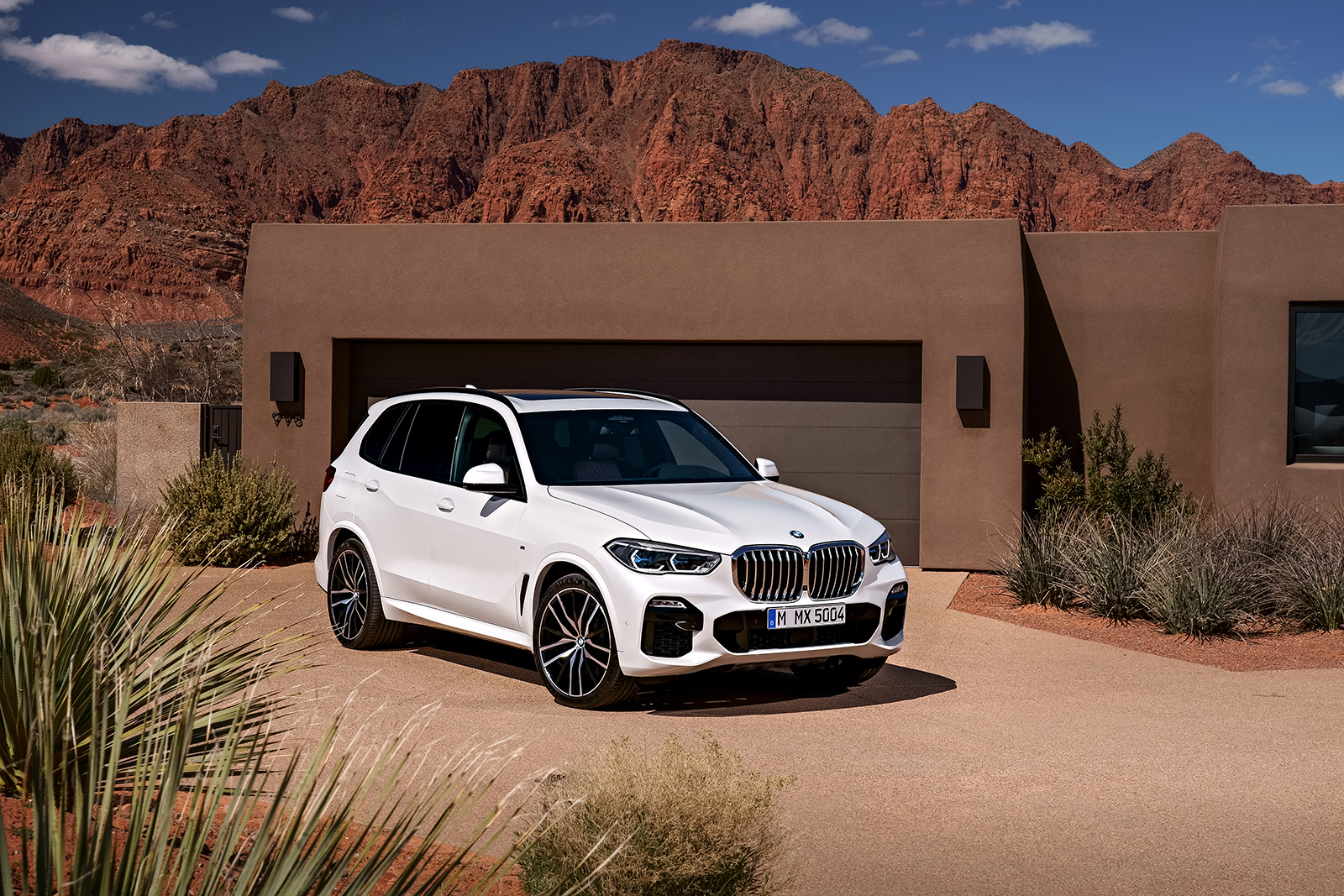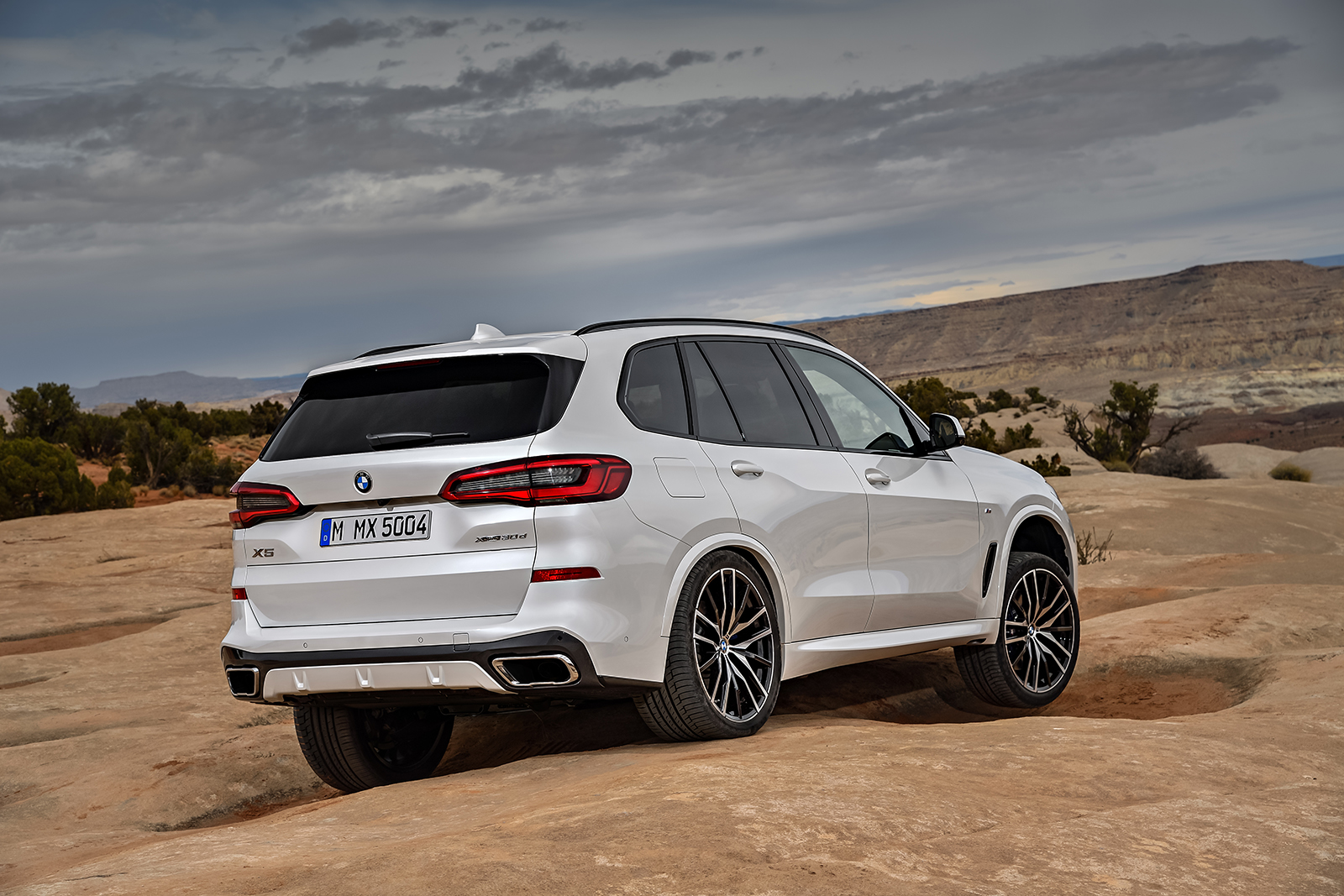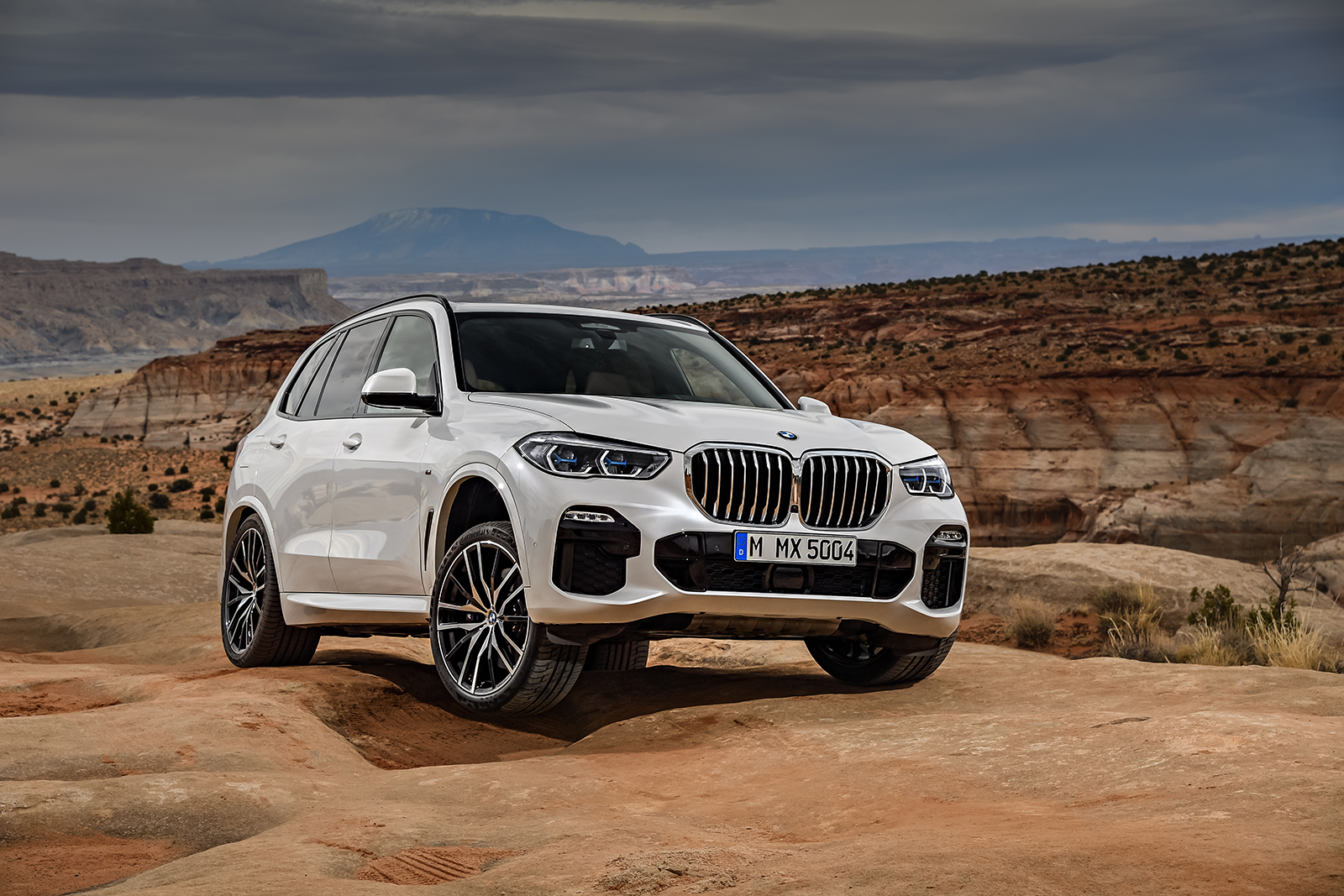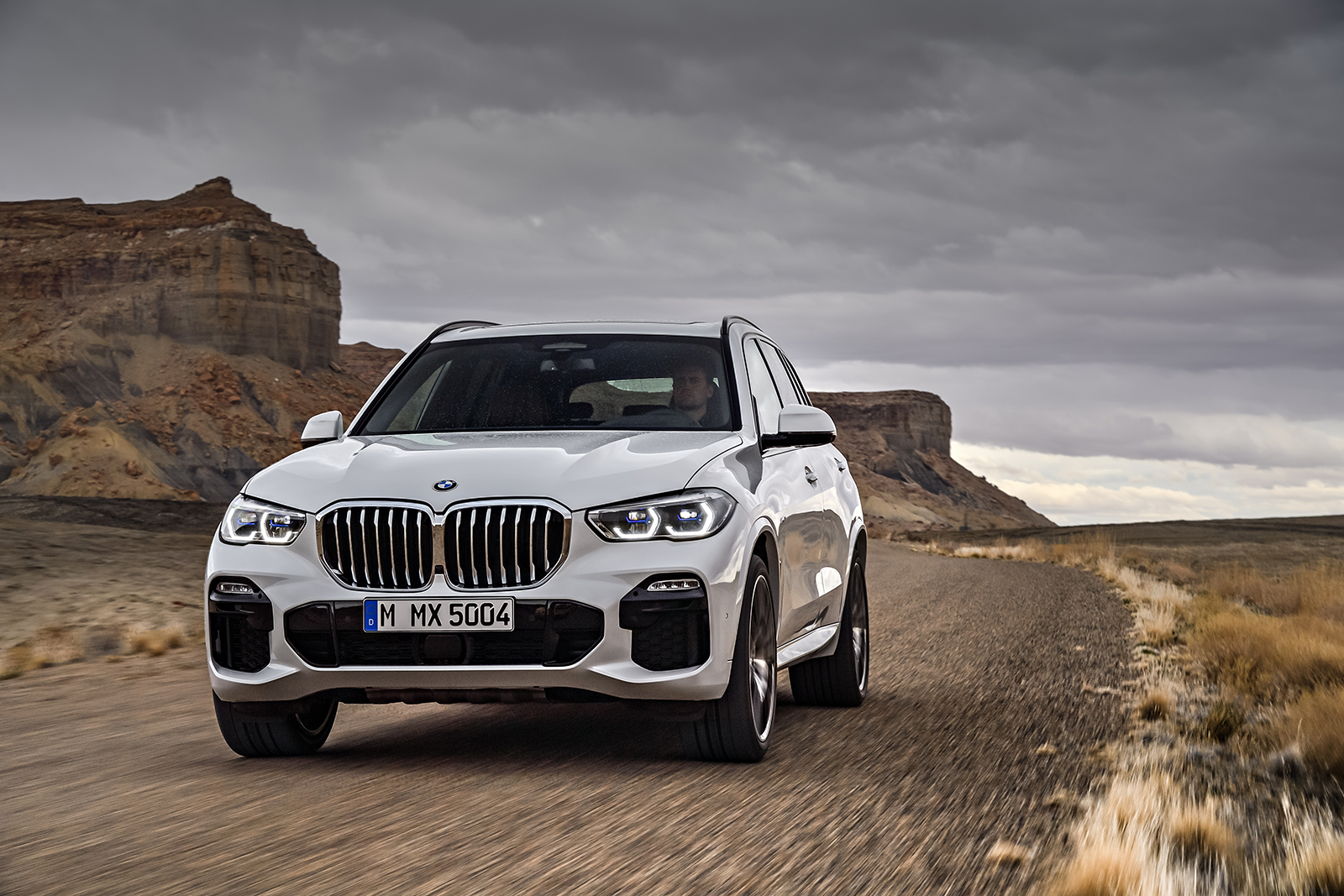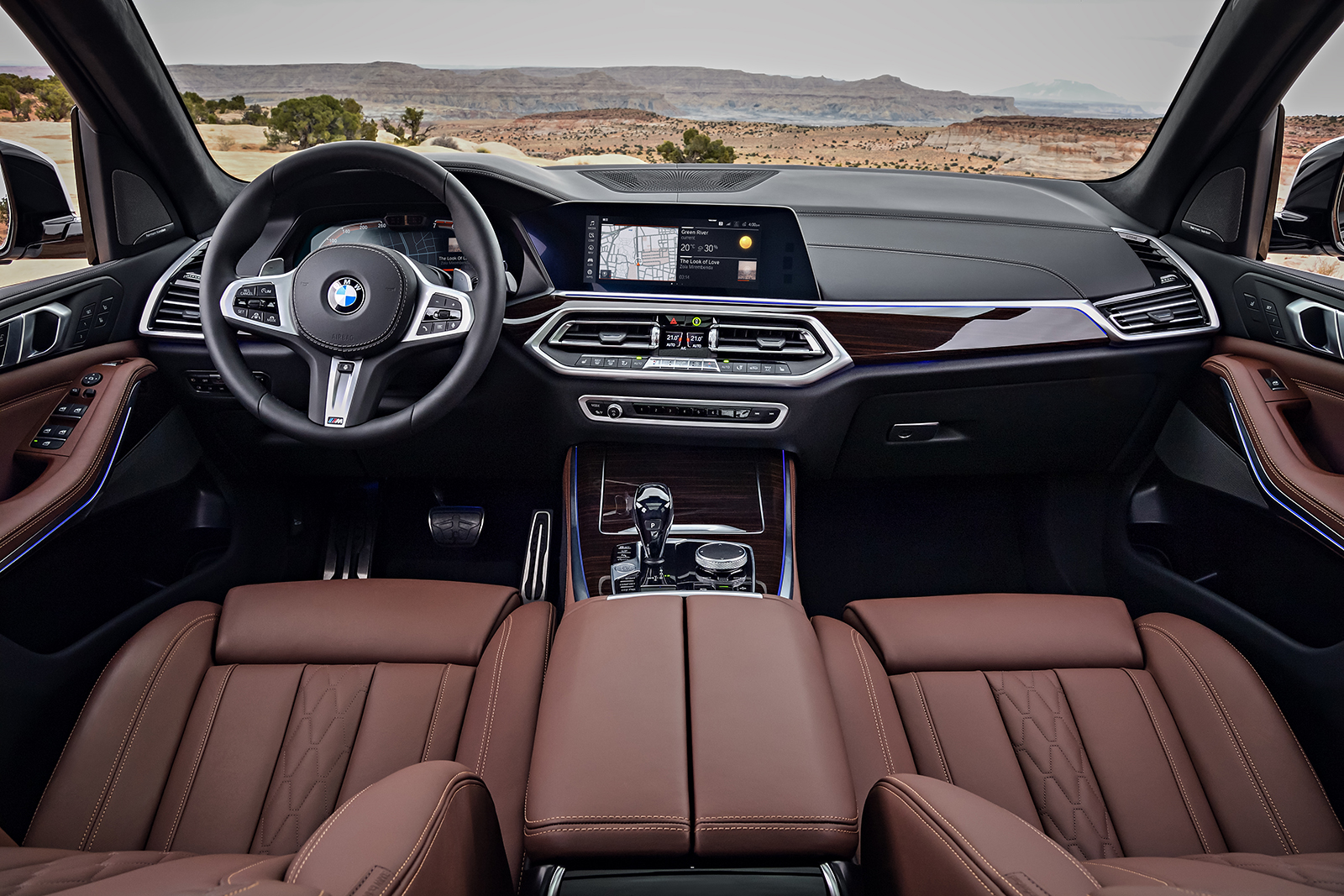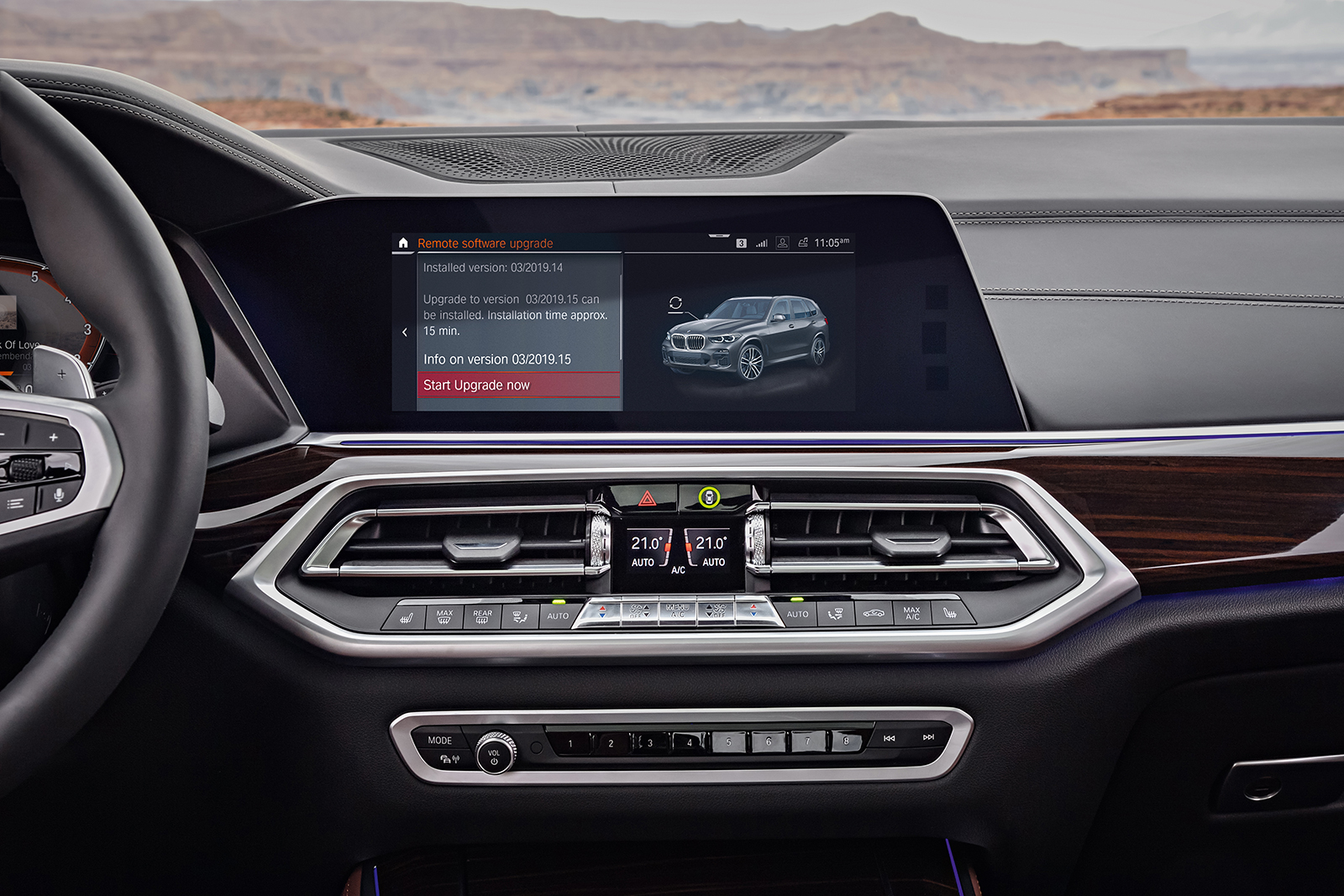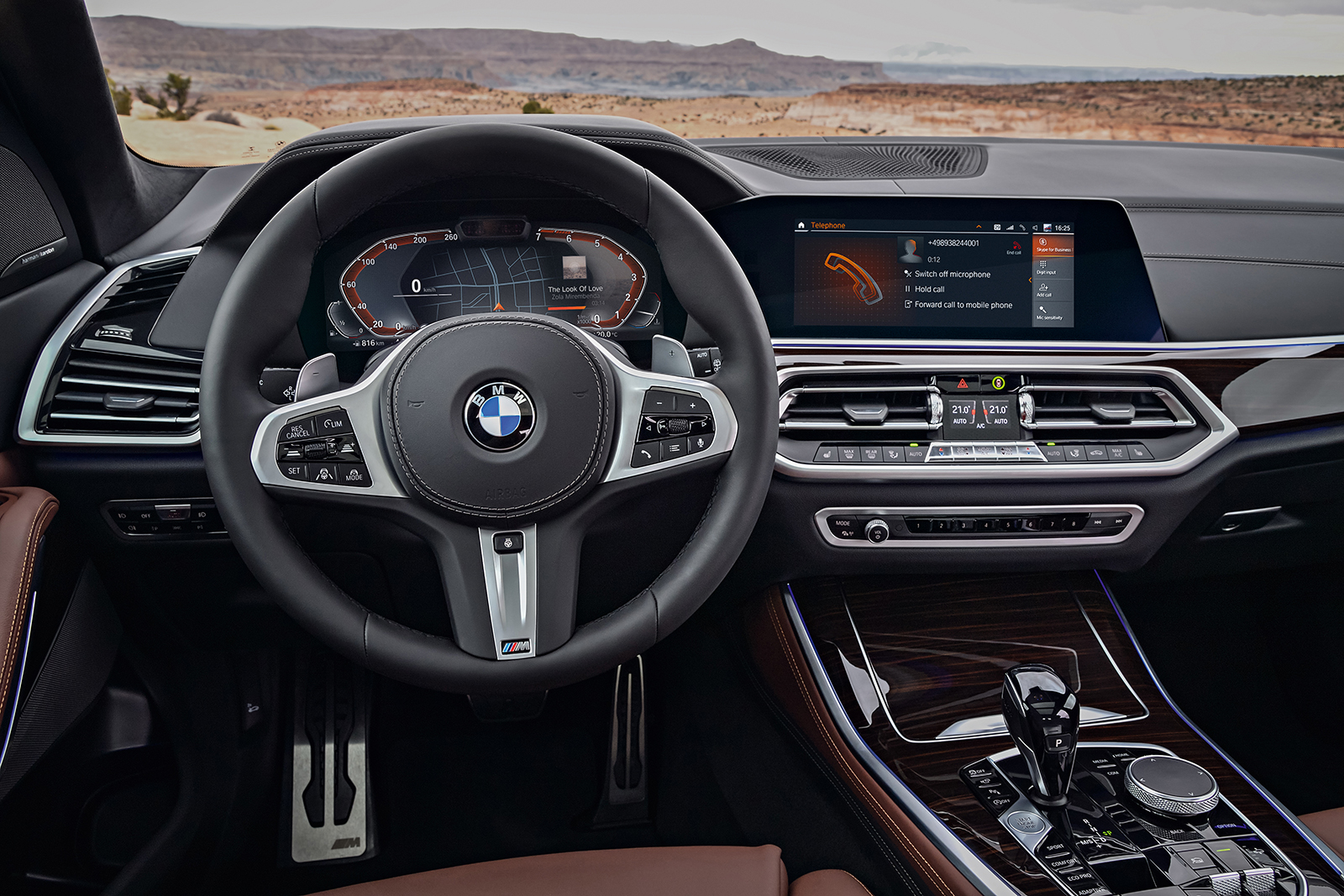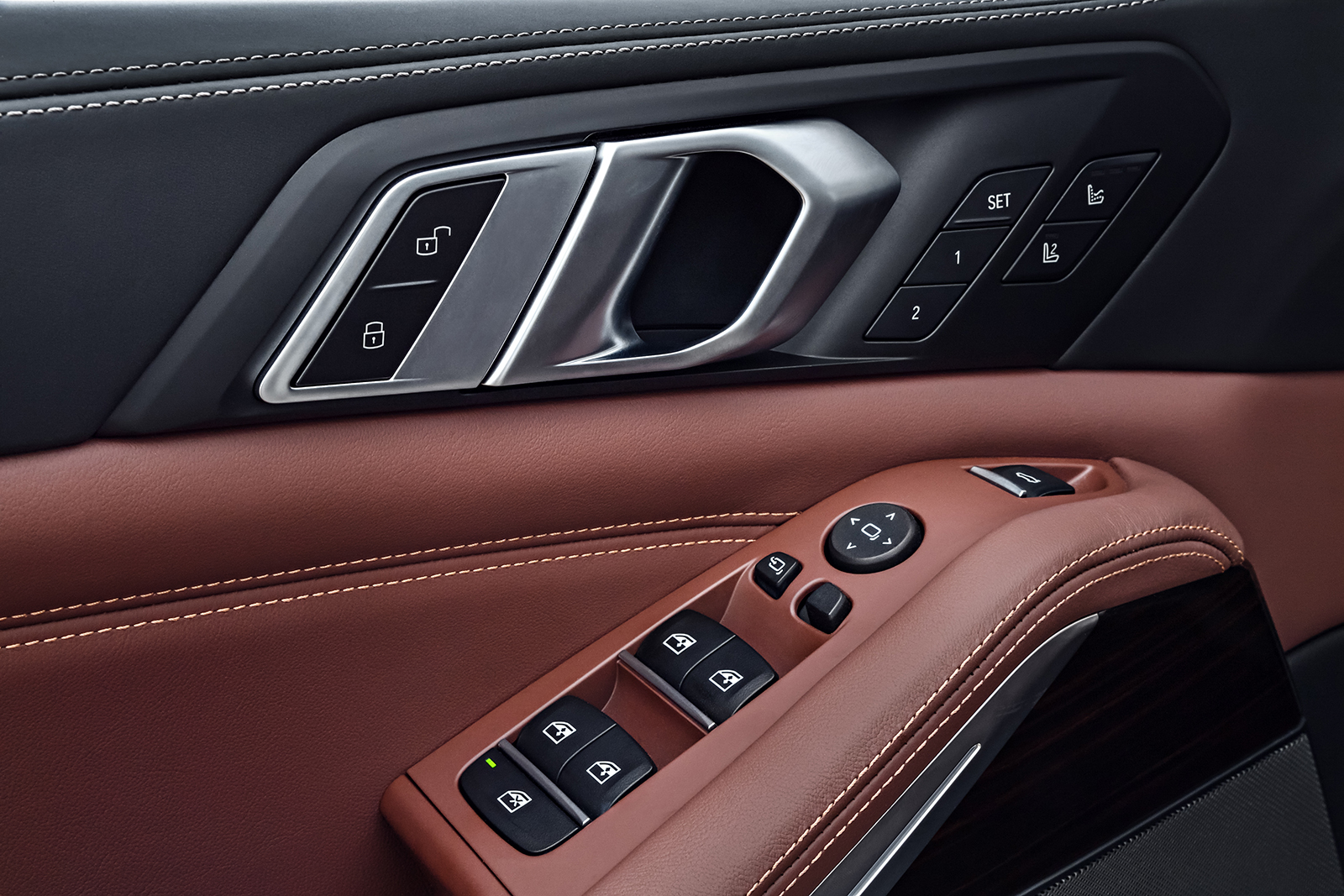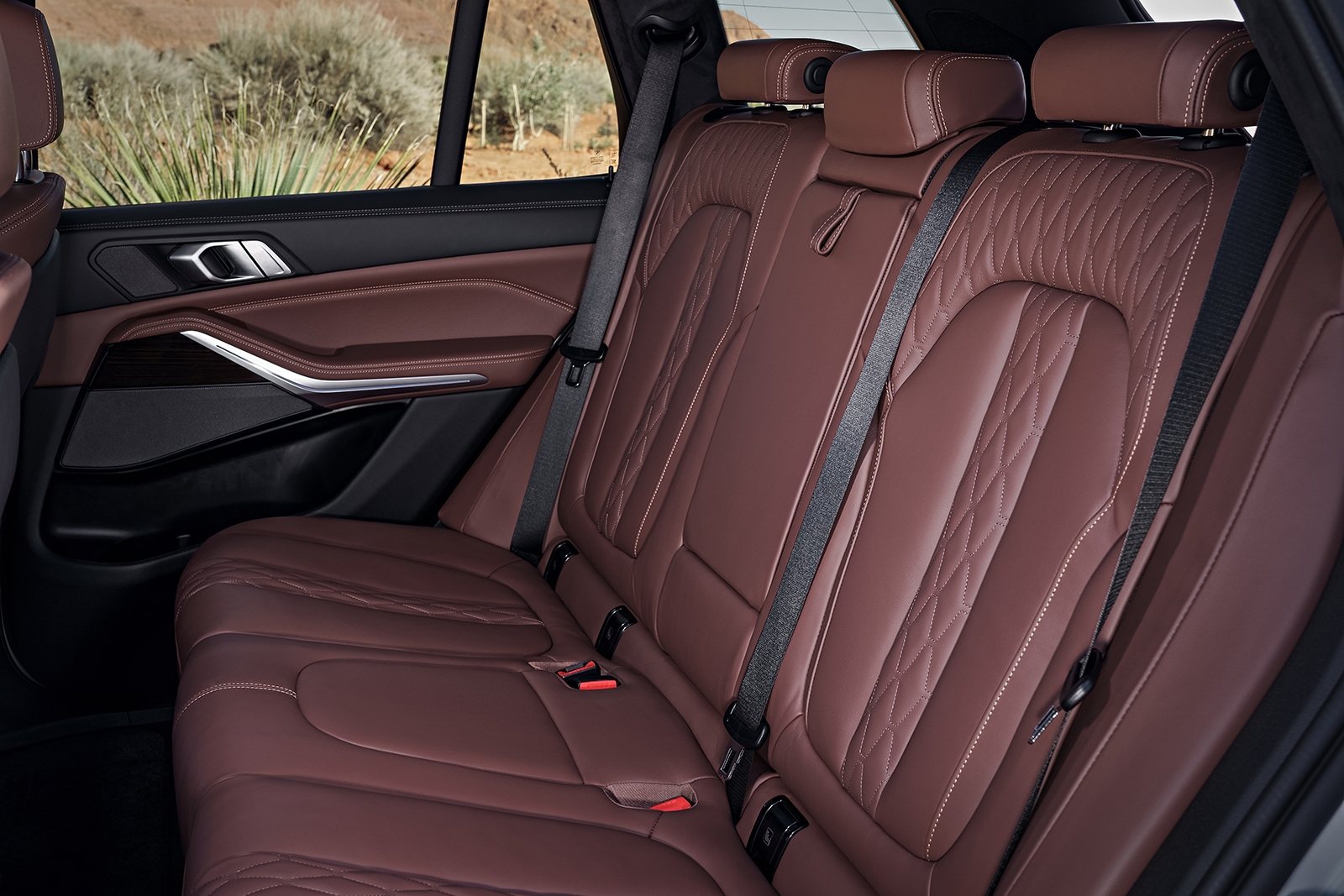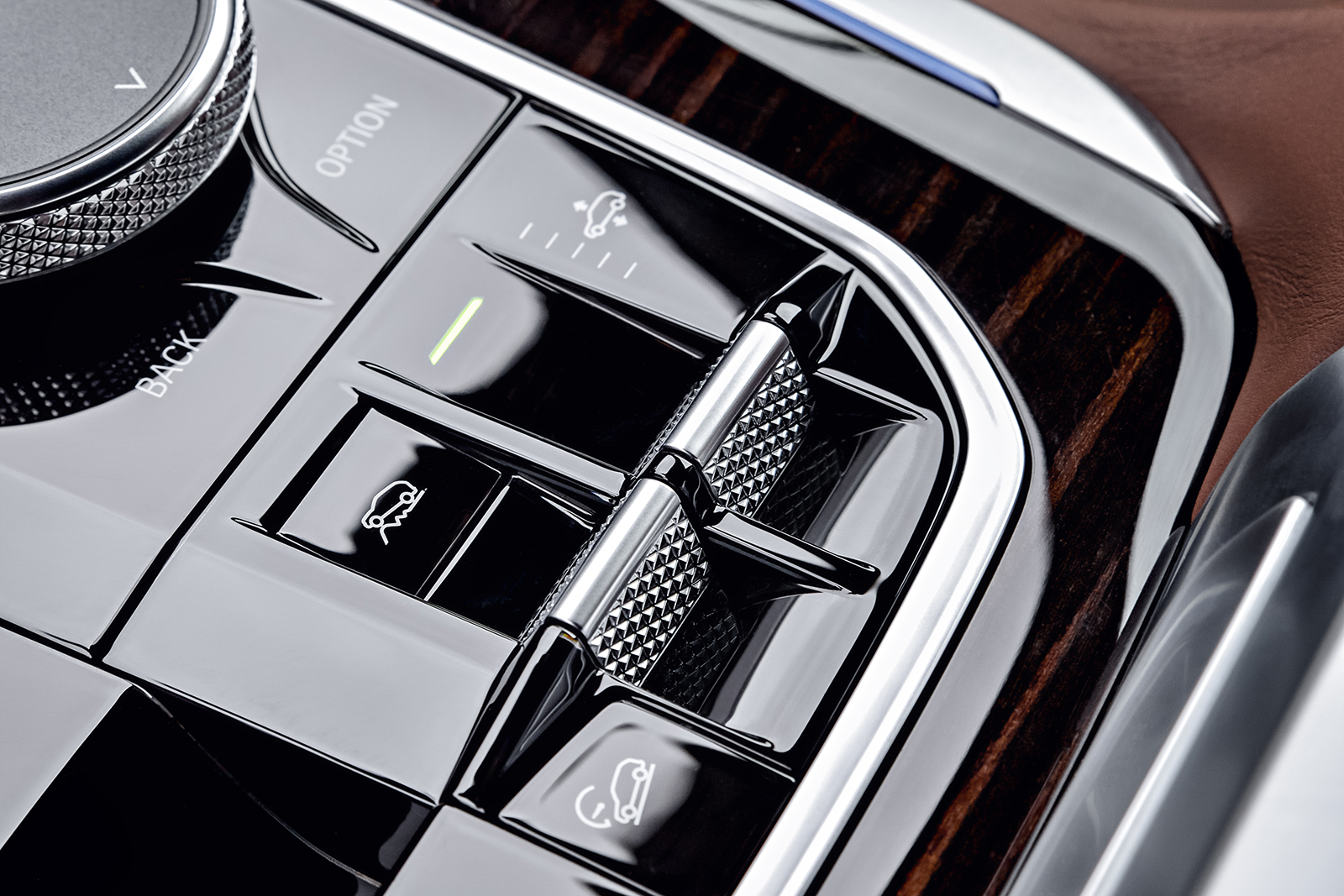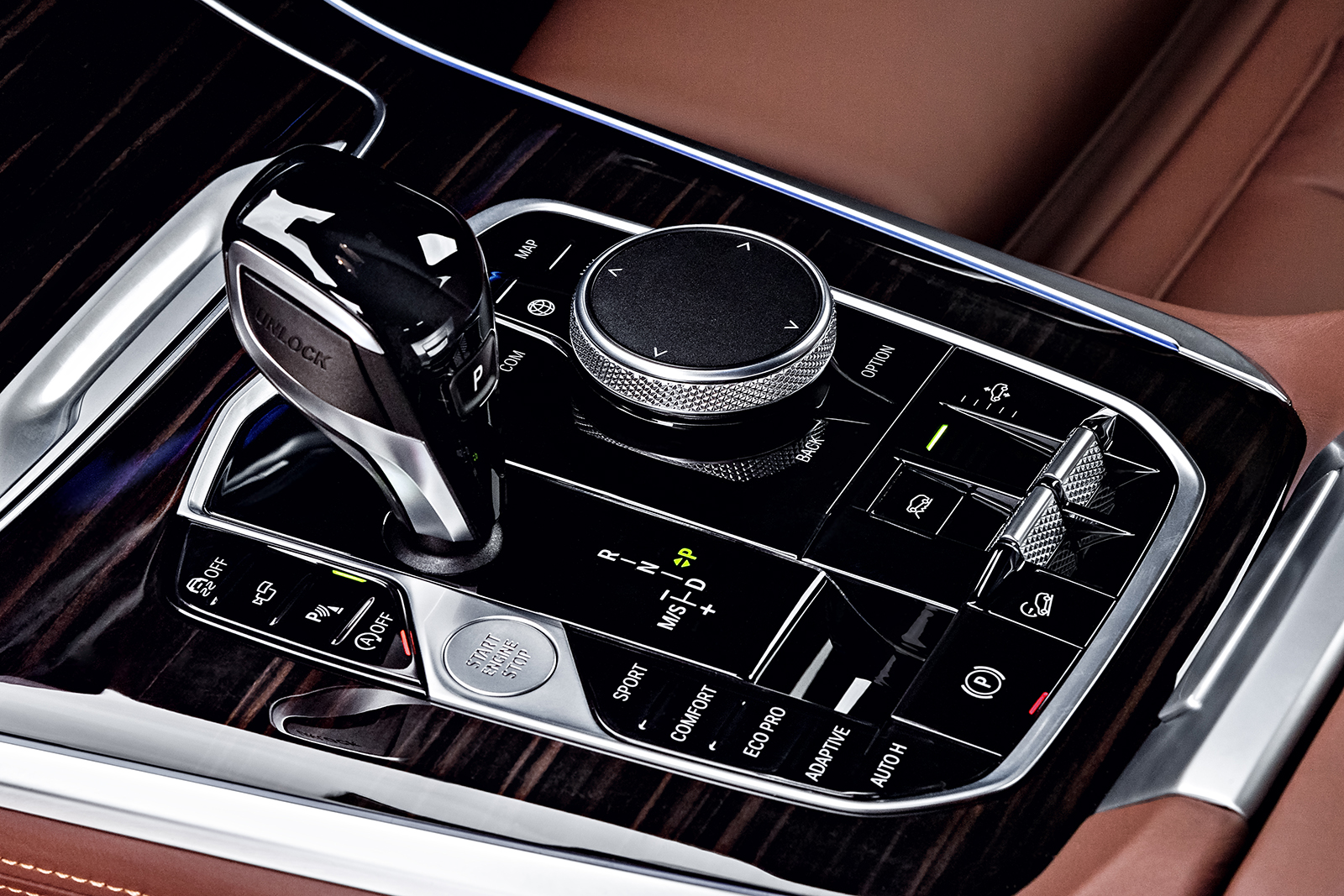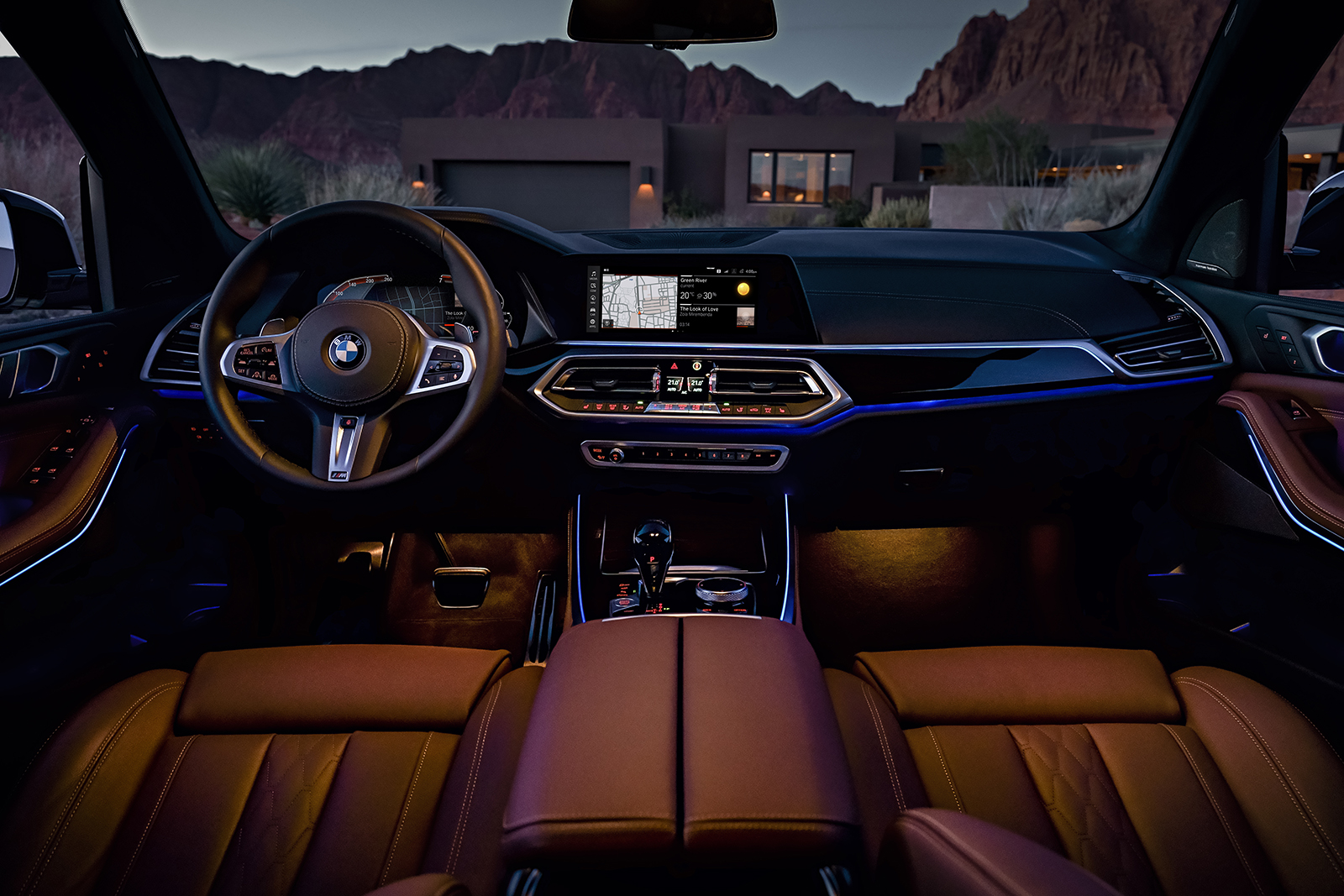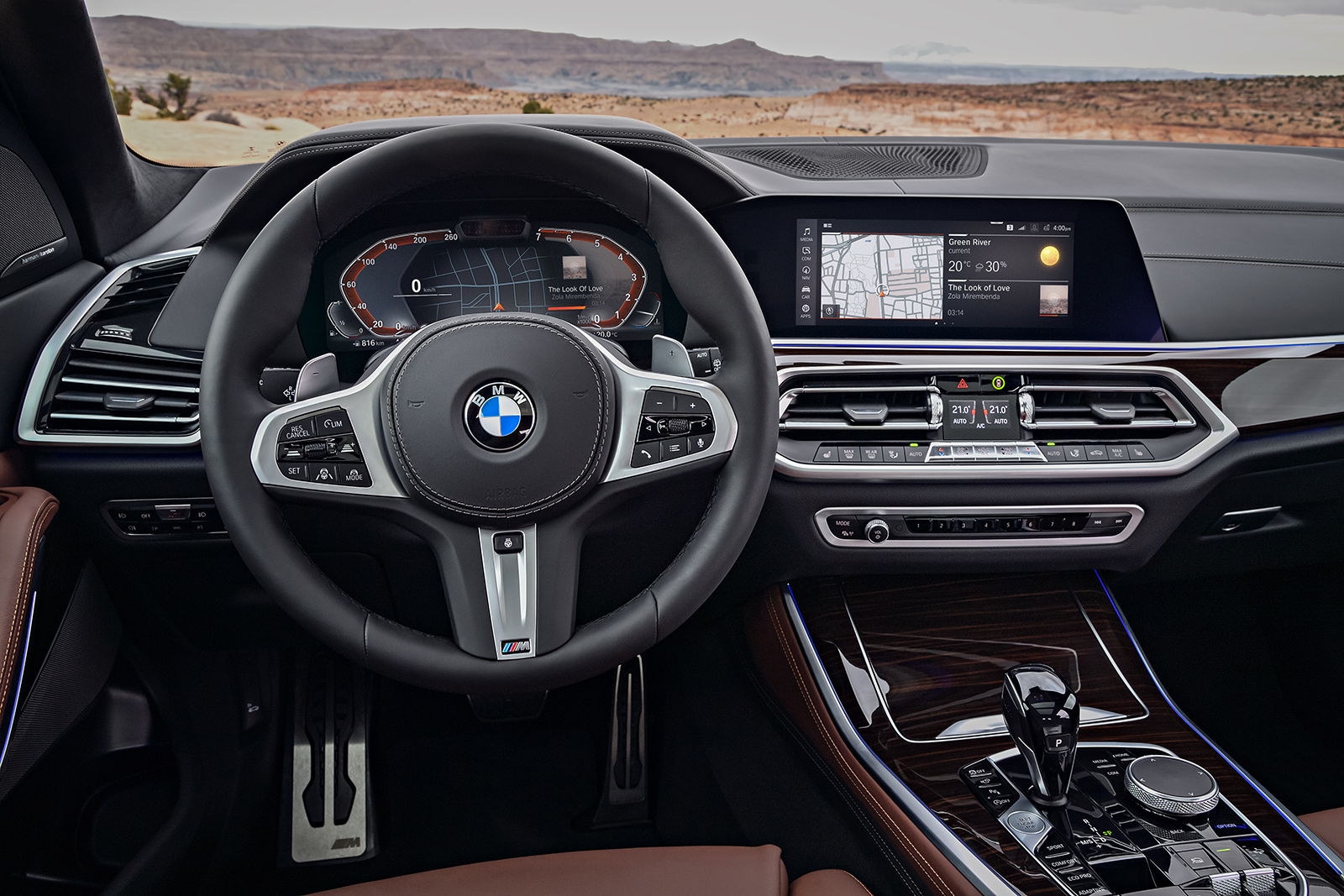Despite various outlets quoting a BMW USA representative about cancelling diesel engines to focus on plug-in hybrid electric vehicles during the international launch event for the next-generation 2019 X5 SAV crossover in Atlanta, BMW’s diesel aren’t dead just yet. Another spokesperson released a correcting statement to say the company’s decision on diesels in the U.S. is still undecided, particularly with the next-gen X5 and its potential for U.S.-bound oil-burning power.
It’s particularly notable with the X5’s application since it’s been one of the few models still available with a compression-ignition engine. According to BMW USA’s site for the 2018 model year, one can still claim a diesel X5 as his or hers with the previous generation X5 xDrive35d.
BMW USA’s spokesperson, Oleg Satanovsky, corrects Alexander Schmuck’s original statement that the company is “putting all of its eggs in the PHEV basket.” This quote led various reports to surface, claiming the end of diesel Roundel power in the United States after the 2018 model year as a transition point for a new focus on plug-in hybrid electric vehicles (PHEV). Next to the diesel X5, the 3-Series also comes with an oil-burner as the 328d, which we tested not too long ago.
“The all new BMW X5 will launch with two gasoline variants (xDrive 40i and xDrive 50i) and a PHEV variant is planned to follow in 2020 as a 2021 model year,” Satanovsky wrote in a recent follow-up email. “The final decision as to whether or not the BMW X5 diesel variant will come to the US market has not been made. BMW of North America continues to monitor customer preferences and is prepared to adjust the product portfolio accordingly.”
Schmuck spoke to journalists during a round-table discussion earlier this week at the international press launch of the all-new 2019 BMW X5. The new fourth-generation car will launch with two gas engines: The X5 xDrive 40i with the company’s signature twin-turbocharged 3.0-liter gasoline inline-six, and the X5 xDrive 50i with the brand’s beastly twin-turbocharged 4.4-liter gas V8. Following the launch of those two initial models will be a new plug-in hybrid variant to succeed the outgoing X5 xDrive40e PHEV called the X5 xDrive45e iPerformance. While BMW’s official decision on a new X5 diesel is still undecided for our shores, the new X5 abroad in Europe and Asia, however, launches with two new diesel models.
Original reports claiming BMW diesels were dead in the U.S. market after 2018, based on Schmuck’s quote, were not too far-fetched and unfounded considering the automaker’s electric vehicle offensive and expansion of the “i” brand. Not to mention, automakers are still acting with extreme caution with diesels due to the recent stigma amplified by Volkswagen’s “Dieselgate” scandal.
BMW was the only German automaker left offering diesel power for some of its models in North America after rigorous testing proved they didn’t break any emissions laws. Volkswagen, Audi, and Porsche haven’t offered a diesel model ever since their cars were found equipped with “defeat devices” to cheat emissions testing here in the states. Mercedes-Benz also announced earlier this year that diesels will be discontinued here.
Editors' Recommendations
- BMW M bundles supercar-like performance into the X5 and the X6
- At IFA, Qualcomm and BMW unveil the world’s first 5G connected car — almost
- BMW may finally be ready to sell hydrogen fuel cell cars to the public
